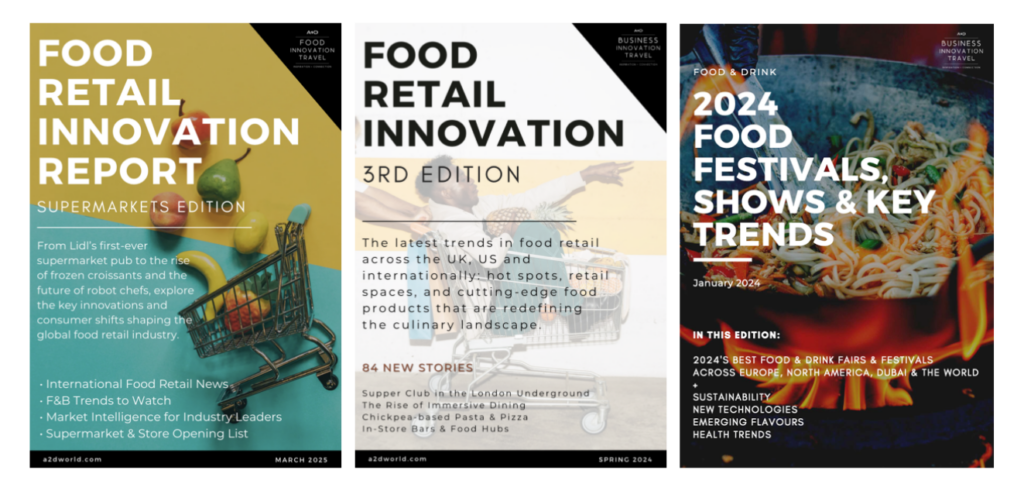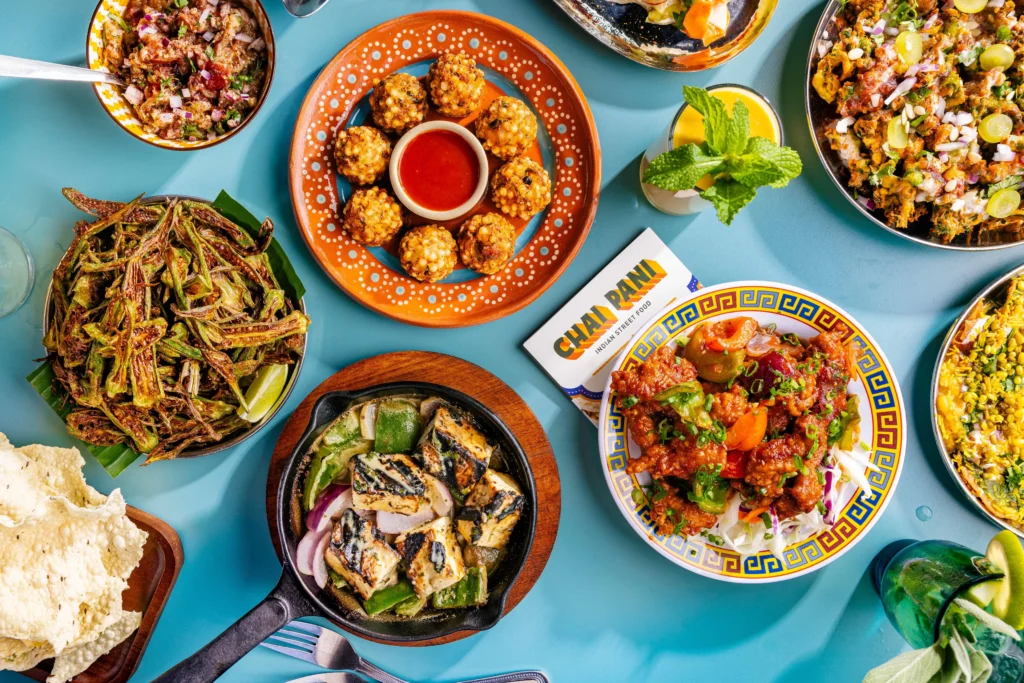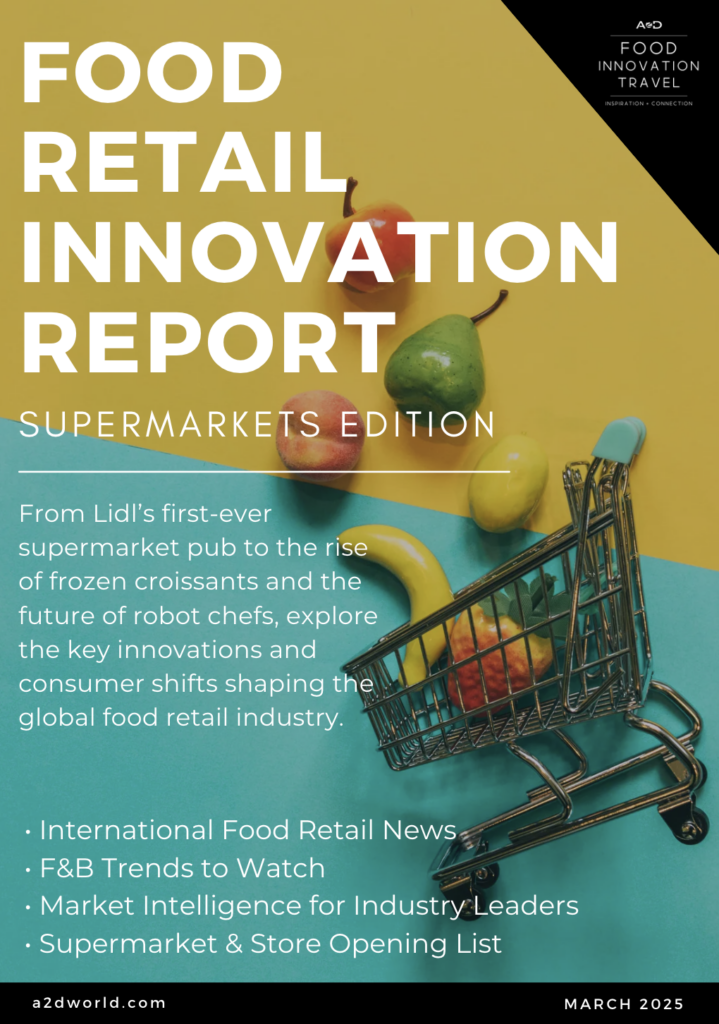In a world where the boundary between technology and culinary artistry increasingly blurs, the food industry is undergoing a remarkable transformation. As consumers grow more conscious of environmental, ethical, and health concerns, innovators are stepping up to the plate, offering solutions that promise to redefine our eating experiences.
From the creation of lab-grown meats that challenge traditional livestock farming practices to the repurposing of algae residues for a more sustainable food source, the advancements are as varied as they are impactful.
In this article, we will delve into five pioneering technological innovations — including 3D and cell technology, scan-free checkout systems, and sustainable food alternatives — that stand at the forefront of this culinary revolution. These innovations not only cater to the increasing demand for sustainable and ethical food options but also offer a glimpse into the future of food production and consumption.
3D-and Cell Technology
Examine the flavor of lab-grown meat using a novel method devised by scientist Prof. Dr. Mark Post. This method entails collecting a little cell sample from healthy cows and fostering it in a controlled laboratory setting that mimics the conditions in which the meat would naturally grow. By doing away with the controversial and costly fetal bovine serum (FBS), this technology can cut production costs for lab-grown meat by as much as 80%. This company has developed a way to create meat that mimics the texture and flavor of regular meat without causing harm to animals or the environment. They achieve this by generating muscle and fat tissues from these cells.
A revolutionary 3D cell expansion system has been developed by a dynamic biotech startup. This innovative device has been awarded multiple patents and lauded for its pioneering approach. The medical, biological, and food technology industries can all benefit from the system’s ability to produce high-quality cells en masse by mimicking their natural habitat. With over 130 active patents and a global network of strategic partnerships, the company is well-positioned to offer cell-based solutions across a broad range of sectors. Recognizing the damaging impact of traditional farming methods on the environment, the company has shifted its focus to food technology by creating coffee from cells.
The process involves cultivating coffee cells in bioreactors, then harvesting, drying, and roasting them to produce coffee powder. The goal is to reduce the amount of land and water used in coffee production and lessen its impact on the environment. The technology’s potential to address global health, food scarcity, and sustainability challenges has been acknowledged with the prestigious Cell Innovation Award in the BioTech Breakthrough Awards.
On the opposite end of the food spectrum is a UK firm that makes personalized gummy stacks of nutrients using cutting-edge 3D printing technology. Their solutions are formulated to address the particular health and lifestyle concerns of each person by delivering a combination of vitamins, minerals, and superfoods that are optimized for optimal absorption and performance. They provide a questionnaire and the ability to build custom stacks to assist consumers in determining their optimal nutrient mix.
A Scan-Free Checkout
Whereas AmazonGo was the first grocery store to implement a scan-free checkout process, a grocery store in the UK is joining its ranks, allowing customers to experience a hassle-free shopping process without having to scan every item individually. As they approach, the new scan-free checkout kiosks give shoppers a list of their selected products, enabling them to verify their items quickly and proceed to payment as usual. This approach eliminates the need for a grocery app or other antiquated technologies, making it a more convenient and time-saving checkout option. The introduction of this
innovative technology aims to enhance the customer experience by significantly reducing queuing times and making the shopping process more efficient.
Repurposing Algae Residus
A new Spanish startup created an innovative approach involving the conversion of seaweed byproducts into protein, which is then incorporated into seafood substitutes like for example tuna sirloin. By proposing algal protein as a feasible alternative to traditional sources like soy concentrate, this method offers a sustainable and efficient approach to producing plant-based foods with nutritional qualities and a texture reminiscent of seafood.
The company’s potential to revolutionize the agrifood sector through the application of innovative technologies and environmentally conscious business practices led to its selection for a limited program. With the support of this plan, companies will be able to compete on a worldwide scale and further establish Spain as a pioneer in technological innovation within the food industry. Their approach not only satisfies the growing need for ecologically and socially conscious food options, but it also contributes to the circular economy by effectively repurposing waste materials.
Join us in exploring and supporting these groundbreaking advancements that redefine flavour, sustainability, and convenience as we enter a more environmentally conscious, ethical, and health-conscious food landscape. Get in touch today to start talking about your Business Innovation Travel program.









